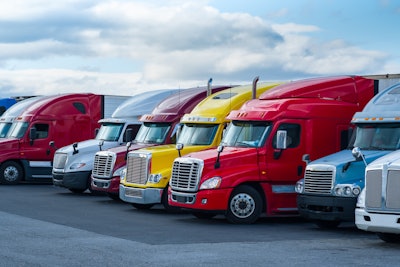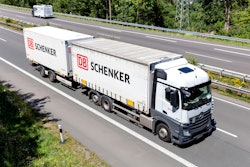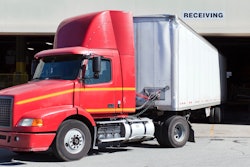
A comprehensive study from INFORM underscores a robust forecast for market growth in vehicle logistics and identifies key technologies driving innovation.
“As we navigate through the rapidly evolving landscape of vehicle logistics, the role of technology has never been more pivotal,” says Hartmut Haubrich, director vehicle logistics systems at INFORM. “We recognize the transformative impact of AI on our industry, and it is with great enthusiasm that we present our latest survey report reflecting on the current market trends. It emphasizes the critical need for operational efficiency improvements and the transformative potential of AI in vehicle logistics. Our results also highlight the industry's needed shift towards more collaborative and partnership-driven approaches to address capacity challenges and foster innovation.”
Key takeaways:
- One-third of participants each believe that the volume of vehicles handled will increase by 10-20% (33%) or even by more than 20% (34%) over the next five years. At the same time, more than half of those surveyed (56%) fear they will have to contend with capacity issues until 2025 or much longer.
- Increase of efficiency in operational processes (71%), flexible reaction to deviations from the plan (66%), and transparency about the data related to each vehicle (49%) are the three current challenges most often rated as “very important” for the vehicle management process. For the first time, understanding and reporting CO2 emissions is also seen as essential, rated “very important” by one-third of respondents.
- The majority of companies (83%) rely on specialized software applications for vehicle logistics. Most companies deployed them in the last decade (58%). As for technologies that will affect businesses the most over the next five years, participants selected electric vehicles and trucks (72% and 47%, respectively), artificial intelligence (55%), and vehicle-based GPS telematics (44%).
- The three predominant perceptions in the companies surveyed are that IT is a necessary business tool (61%) that helps in optimizing (58%) and automating (55%) processes. Looking at the next five years, respondents consider better data analysis (95%), increased operational efficiency (94%), and support for strategic and tactical decisions (94%) to be particularly important.
- One-third of respondents (33%) do not consider their own IT to be future proof. Just 11% are completely satisfied with their vehicle logistics software. The most frequent complaints concern a lack of reporting, data mining, and analytics options (41%), web portals for communicating with partners (40%), and poor usability (38%).


















